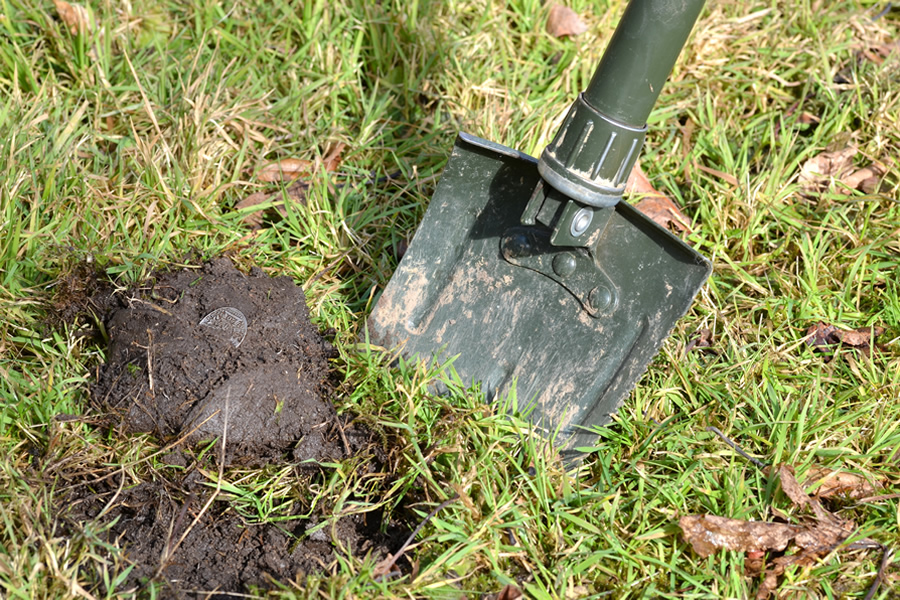
Give Your Servant An Understanding Heart
07-30-2023Weekly ReflectionFr. Manasseh Iorchir, VCYou may have noticed that the whole Chapter 13 of Matthew’s Gospel provides different parables with which Jesus explains the mysteries of the Kingdom of God. You may also have noticed that during this part of Ordinary Time in Year A, the season of growth in our knowledge of God, the Church is pursuing a lectio continua (continuous Reading, Reading in a particular order) of both Paul’s Letter to the Romans and the Gospel of Matthew. The Readings of the previous Sunday were themed around the seamless application of God’s mercy and justice. This weekend, the Church invites us to meditate on what actually constitutes true wisdom and what we need to do in order to gain it.
READ MORE
The Wheat and the Weeds
07-23-2023Weekly ReflectionFr. James Aboyi, V.C.Jesus presents us with three parables in the Gospel this weekend to explain the nature of the Kingdom of God and those who merit to enter it. Some of us who experience weeds in our gardens or lawns may relate well to these parables. However, the parables communicate a much deeper message: they speak to the reality of the coexistence of good and evil in the world. Many beautiful inventions in the world, like sowing good seeds, were created with good intentions; however, the devil knows how to sow weeds. For instance, the invention of the internet and social media was a wonderful breakthrough in human history, but the devil has sown weeds into the minds of people who now use them for harm and deceit. The invention of money was a beautiful thing, but as St. Paul says in his letter to Timothy, “The love of money is the root of many evils” (Tim 6:10). Medical advancements are wonderful, but we have seen how the devil has used the same avenue to destroy many lives. Originally, weapons were developed for hunting food and personal protection, but we see how they are now used as weapons of mass destruction. As a result, we kill ourselves more than any other species in the world.
READ MORE
Bearing Fruits for the Lord
07-16-2023Weekly ReflectionFr. James Aboyi, V.C.Four key images: Rain, soil, seed, and fruit, are used in the First Reading and the Gospel this weekend to explain the impact the Word of God has on our lives. In the First Reading, God speaks through His prophet Isaiah, saying the Word that goes out from his mouth shall not return to him empty. The parable of the sower that Jesus gives in the Gospel today is about the only parable where He explains its meaning to His disciples. The parable compares the teaching of God’s Word to the sowing of seeds. The seeds fall on different types of soil: the pathway soil, the rocky soil, the thorny soil, and the good soil. Jesus’ explanation of the parable shows that both the seeds and the soil represent the different disposition of our hearts to receiving the Word of God and what we do with it. However, the key difference here is that while the seed and soil cannot help being what they are, we can.
READ MORE
Come to Me, All You Who Labor and are Burdened
07-09-2023Weekly ReflectionFr. James Aboyi, V.C.The account presented in today’s First Reading occurred approximately one century after the Israelites returned from exile and rebuilt their Temple. Prophet Zechariah offers words of hope and comfort to the people to strengthen their aspiration for the fulfillment of God’s promise of the coming of the Messiah. Zechariah prophesied the coming of an eschatological king who would return to Jerusalem to end the war and division, to proclaim peace to the nations. He describes the Messiah King as riding on a donkey as a demonstration of humility in contrast to the image of a warrior king on horseback. In the New Testament, we see the fulfillment of this prophecy when Jesus entered Jerusalem, riding on a donkey (Mt 21:5), a sign of a humble King who comes to bring peace on earth.
READ MORE
Hospitality of the People of God
07-02-2023Weekly ReflectionFr. James Aboyi, V.C.The stories in the First Reading and Gospel today remind us that in welcoming ministers and strangers into our homes, we inevitably welcome God. In the First Reading, the widow of Shunem and her husband welcomed the Prophet Elisha to their house. They were kind to him and provided for him without expecting any reward. Prophet Elisha, on the other hand, paid attention to their deepest need and prayed for them asking God to grant them a son. In the Gospel, Jesus reminds the people, “Whoever receives you receives me, and whoever receives me receives the one who sent me. Whoever receives a prophet because he is a prophet will receive a prophet’s reward, and whoever receives a righteous man because he is a righteous man will receive a righteous man’s reward.”
READ MORE